Kids are special. Children’s hospitals are, too.
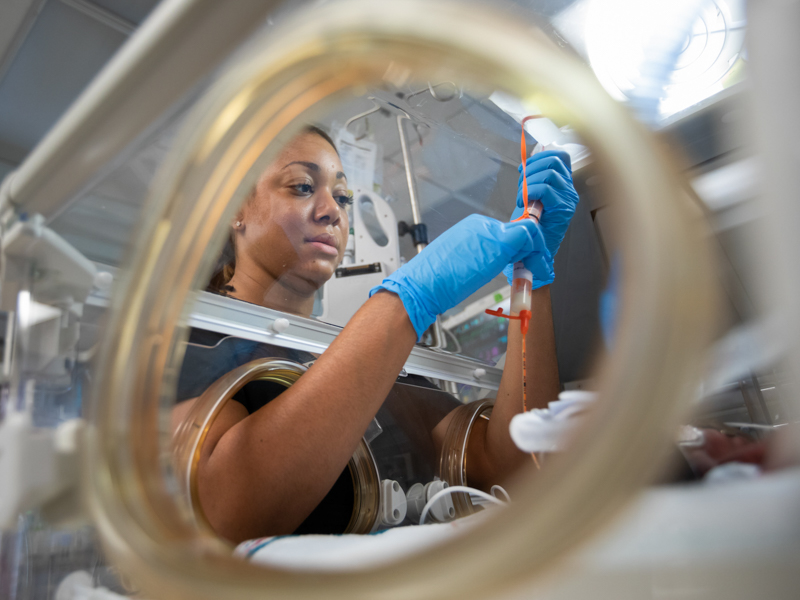
Note: This article originally appeared in the Fall 2020 issue of Under the Rainbow, the semi-annual magazine for Children's of Mississippi.
Children are not miniature adults.
Their special physiological, psychological and social needs call for the medical care that only a children’s hospital can provide. A children’s hospital with the depth of knowledge of an academic medical center offers its patients advantages that simply aren’t available anywhere else.
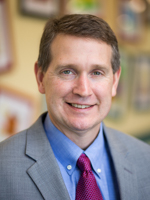
“For children and their families, Children’s of Mississippi is more than a health organization,” said Guy Giesecke, CEO of Children’s of Mississippi. “Our clinics and the state’s only children’s hospital are places designed for children. Every member of our team is skilled in the compassionate care of children because our entire focus in on children and their well-being.”
That’s an important advantage for parents to consider when seeking medical care for their children.
That advantage is multiplied when pediatric medical care is given through a children’s hospital and clinics that are allied with an academic medical center.
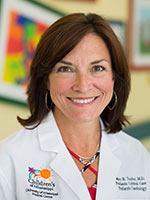
“Because UMMC is the state’s only academic medical center, our pediatric arm, Children’s of Mississippi, has the variety of subspecialists children with complex conditions may need, right here close to home,” said Dr. Mary Taylor, Suzan B. Thames Chair, professor and chair of the Department of Pediatrics. “This level of care is available at the state’s only children’s hospital and at Children’s of Mississippi clinics around the state.”
Thanks to these outreach specialty clinics, located in Tupelo, Meridian, Hattiesburg and Biloxi, world-class experts are sometimes just minutes from the patients they serve.
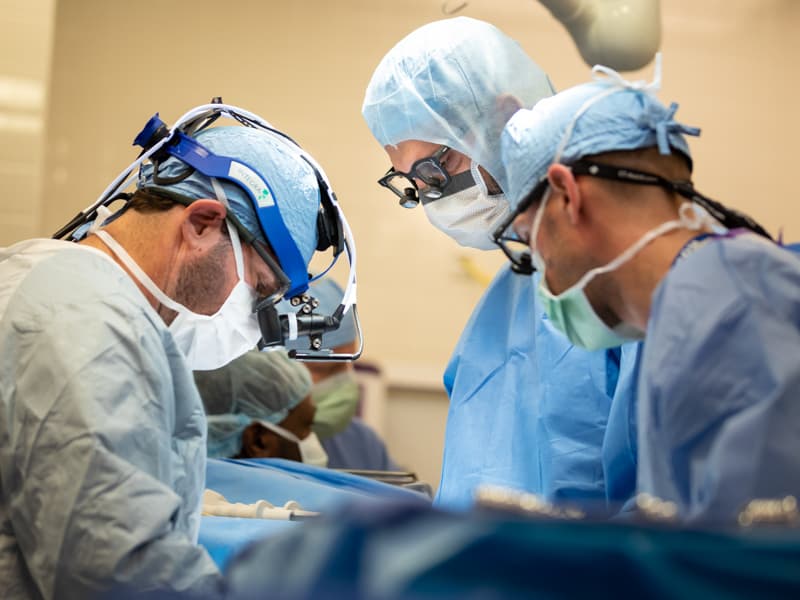
UNIQUE NEEDS
Just as children are most comfortable in jeans and sneakers sized just for them, their medical care needs to also be the right fit.
Pediatric specialists and subspecialists know the unique needs of children. Physiologically to psychologically, children differ from adults. Their skin is thinner, their cells divide more quickly, and they breathe faster than grown-ups.
Communication is not as easy for children as it is for adults, and their emotional needs differ greatly.
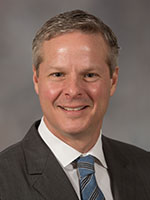
“Children may not always have the words to express their feelings, but they want to feel safe and understood,” said Dr. David Elkin, executive director of Children’s of Mississippi’s Center for Advancement of Youth and professor of psychiatry. “Pediatric-focused clinical and hospital care provides that specialized understanding of children’s needs.”
Pediatric caregivers, in clinics as well as in a hospital setting, have to take the time to communicate with their patients to reassure them, said Elkin. “It is an important part of providing treatment to children.”
That reassuring communication is also an important part of caring for patients’ families, said
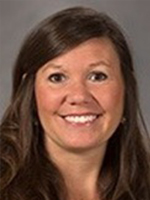
, director of Children’s Quality and Clinical Support Services. “Their families are often worried and need information and understanding. Our child life experts and social workers are part of the care team, and they help the entire family through the care process.”
Hospital school teachers work with patients’ school districts to “provide a level of normalcy through educational services, which is one less worry for our patients and families,” Kappler said.
Certified child life specialists are educated and clinically trained to help infants, children, teens and their families cope with the stress and uncertainty of illness, injury, trauma, disability and loss. Therapeutic play, preparation for procedures and education are tools they use to reduce fear, anxiety and pain.
ONLY HERE
Children’s of Mississippi is a place of “onlys.”
Not only is its focus on pediatric specialty and subspecialty care, its flagship is the state’s only hospital for children. From its décor to its medical equipment, each was chosen with pediatric patients in mind.
“Our focus is children’s health and giving the children of this state the best possible start in life,” Taylor said.
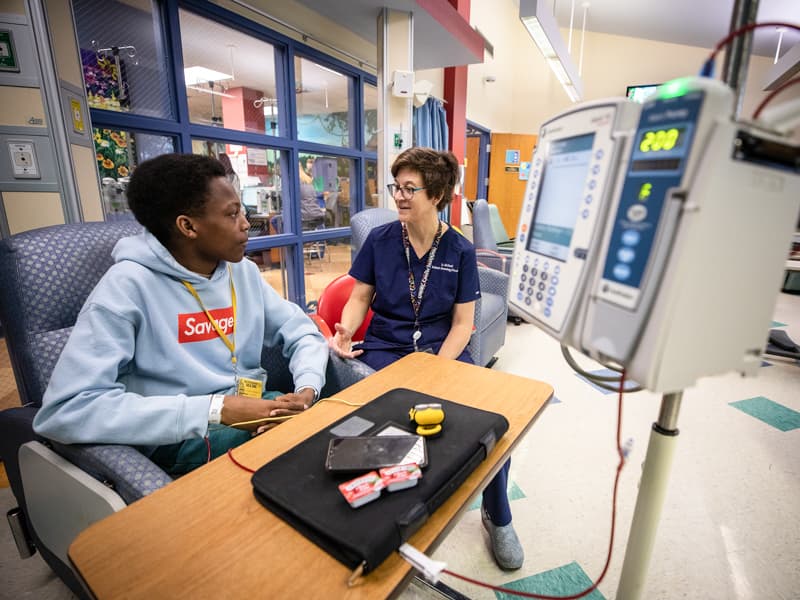
For some children, that start is in the Medical Center’s neonatal intensive care unit. The unit is the state’s only Level IV NICU, offering the highest level of care, including surgical repair of congenital or acquired conditions and life support.
Another “only” is Children’s of Mississippi’s Pediatric Emergency Department, which, along with the Medical Center’s Adult Emergency Department, is the state’s only Level I trauma center. Emergency departments at this level include 24-hour coverage by general surgeons and prompt availability of care in specialties including orthopaedic surgery, neurosurgery, anesthesiology, radiology, plastic surgery, oral and maxillofacial surgery and critical care.
“No one wants to need pediatric emergency care for their child,” said Dr. Benjamin Dillard, chief of pediatric emergency medicine, “but when it is needed, our pediatric emergency department is ready to care for the most seriously ill and injured children in the state.”
SMILES AND HEARTS
Children’s of Mississippi also has the state’s only Pediatric Craniofacial Center certified by the American Cleft Palate-Craniofacial Association.
ACPA certification requires a multidisciplinary team including a surgeon trained in transcranial cranio-maxillofacial surgery, a neurosurgeon, a psychologist for neurodevelopmental and cognitive assessment, an ophthalmologist, a social worker, a geneticist, a speech therapist, a dentist and an orthodontist.
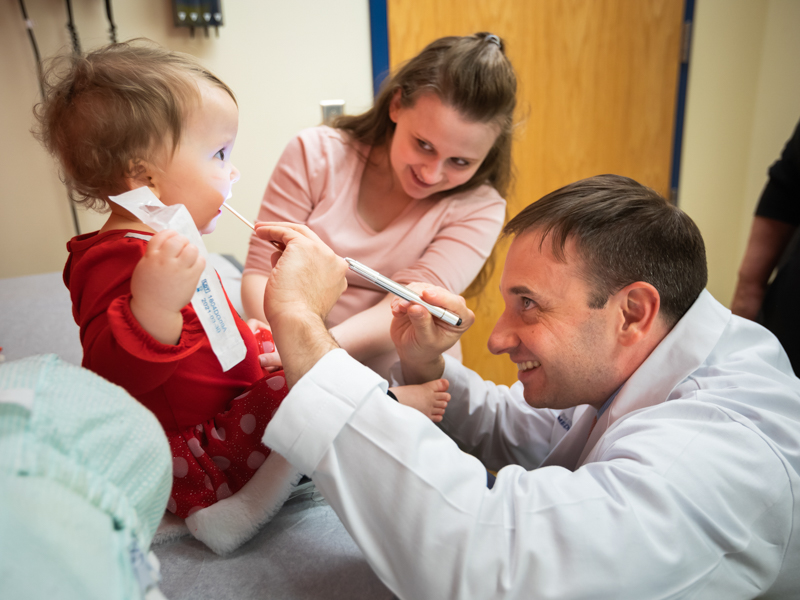
“The depth and breadth of knowledge required for ACPA certification are wide, and their standards are high,” said Dr. Ian Hoppe, who heads pediatric craniofacial plastic surgery. “Having the resources of an academic medical center means we can offer the complete spectrum of care needed by patients born with cleft lip and palates and complex facial clefts.”
Children’s of Mississippi also includes the Children’s Heart Center, the state’s only location for pediatric interventional catheterization and heart surgery including transplants, repairs of complex congenital heart defects and conditions such as high blood pressure, heart rhythm and conduction abnormalities and acquired heart disease.
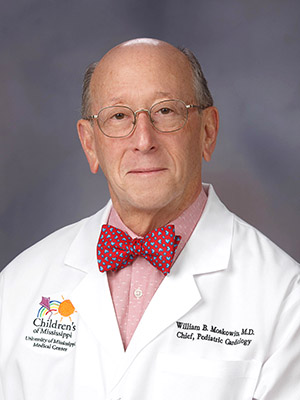
“We are dedicated to achieving the best possible outcomes for every patient, whether they are yet to be born through young adulthood while providing support for every family, ” said Dr. William Moskowitz, chief of UMMC’s Division of Pediatric Cardiology and co-director of the Children’s Heart Center. “The Children’s Heart Center has undergone a significant expansion that allows our experts to provide a continuum of care and serve even more children throughout the state at our several satellite locations and through telehealth systems.”
LIFE-SAVING CARE
Children’s of Mississippi’s Center for Cancer and Blood Disorders, which includes a team of pediatric oncologists and hematologists, pharmacists, nurses, technicians, child life professionals and social workers who are ready to help patients and their families battle cancer and blood disorders including sickle cell disease.
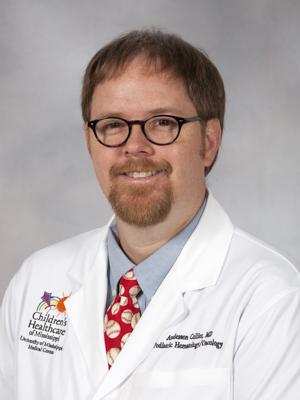
“A diagnosis of cancer in your child is devastating news, and having to travel away from your support system makes this diagnosis and treatment even harder,” said Dr. Anderson Collier, director of the center and professor of pediatric oncology and hematology. “We provide comprehensive, state-of-the-art cancer care and cutting-edge clinical trials here in Jackson without a child needing to go anywhere else.”
Sickle cell is a lifelong chronic illness with episodes of acute illness, Collier said. “We are the only place that can provide sickle cell care under ‘one roof,’ and offer access to the latest trials of new disease modifying drugs, transplant, and soon, gene therapy.”
These “onlys” are a few of the reasons Children’s of Mississippi care gives a healthy advantage to patients and their families.
“Our pediatric subspecialists are experts in fields such as oncology, cardiology and emergency medicine, but they are also experts in children and children’s health,” said Taylor. “They provide world-class care but in a way that puts children and parents at ease.”


